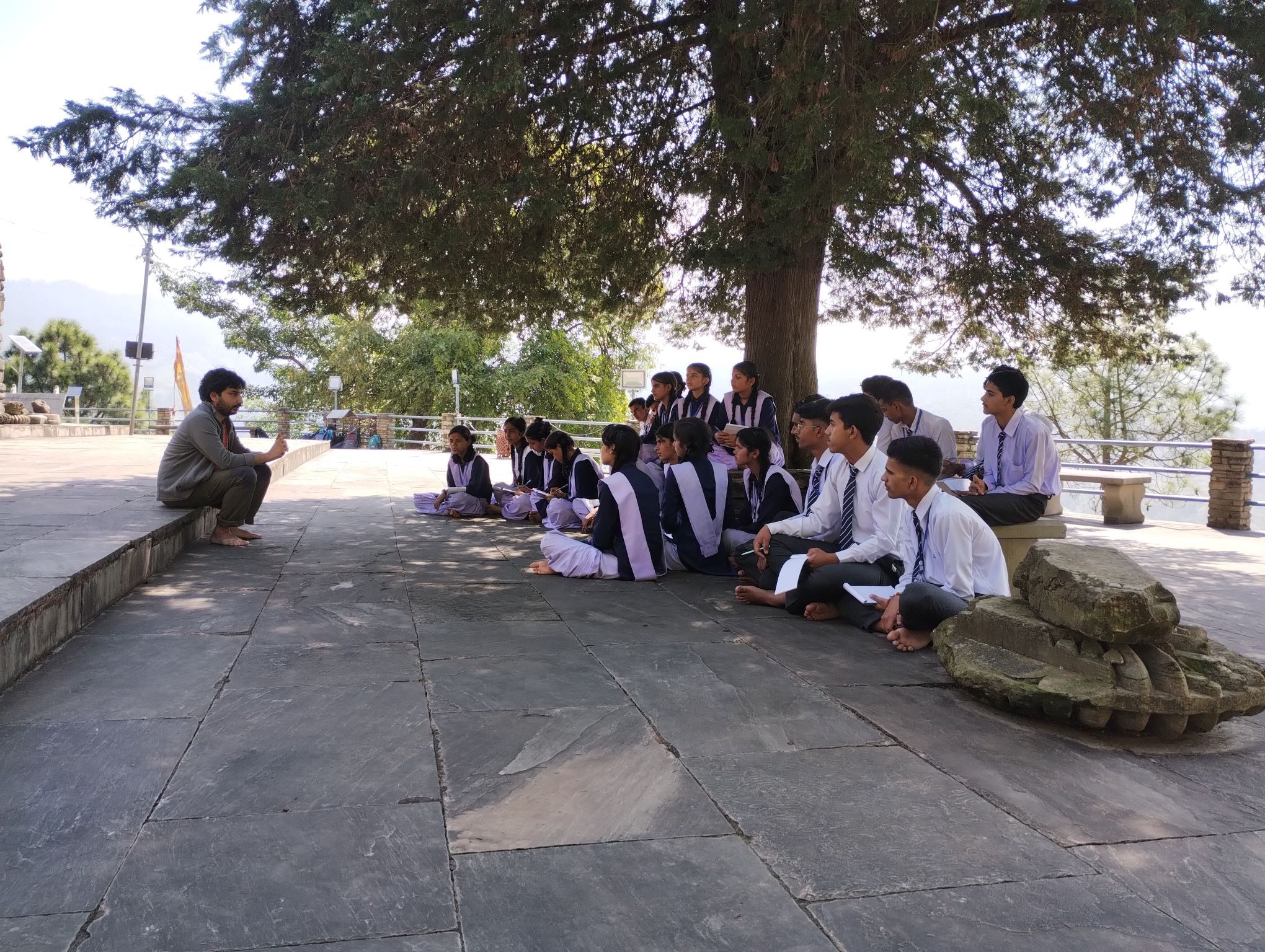
Established in 2001, Basundhara Paryavaran SanrakshanAvamJan Kalyan Samitiis dedicated to environmental sustainability, community resilience, and socio-economic development in the Indian Himalayan Region. The organization has undertaken diverse initiatives focusing on water security, biodiversity conservation, ecosystem services, disaster management & risk reduction, and sustainable livelihoods, working closely with communities and stakeholders to foster long-term positive impacts.The society has successfully implemented several projects supported by the Government of India in the domain of generating public awareness and education on disaster management & risk reduction, strengthening community preparedness through capacity building, science communication for improving science and health literacy, greywater reuse and risk communicationmodels in peri-urban & rural landscapes, and payment for ecosystem servicesto support community-led forest management in Uttarakhand. To enhance the effectiveness of its initiatives, Basundhara has collaborated with various governmental and non-governmental stakeholders, including Uttarakhand Jal Sansthan, Swajal, District Project Management Unit-Almora, etc.,facilitating the integration of local expertise and institutional support, thus, ensuring impactful and sustainable interventions.The organization operates across multiple environmental and community-centric domains, with a strong emphasis on water security and management (particularly in improving drinking and domestic water availability and springshed conservation), biodiversity conservation& management, realization of ecosystem services (ensuring sustainable utilization and long-term ecological benefits), waste management (promoting sustainable management of solid & liquid wastes), and environmental health. Other work domains include sustainable agriculture in mountainous landscapes, food & nutritional security, and creating livelihood avenuesaligning with youth aspirations. Recognizing the importance of capacity building and skill development, Basundhara conducts numerous technical trainings, science outreach programs, and field-based interventions to empower local communities with essential skills, reinforcing its commitment to integrating science, policy, and community participation. The organization envisions a future where environmental sustainability and social well-being go hand in hand via fostering a resilient and informed society.

Promote environmental sustainability and ecosystem conservation in the Indian Himalayan Region. Strengthen water security through springshed conservation and improved drinking water management. Enhance community resilience against disasters through preparedness, awareness, and capacity-building programs. Support biodiversity conservation and realization of ecosystem services for long-term ecological and economic benefits. Facilitate sustainable livelihoods aligned with youth aspirations, food and nutritional security, and sustainable agriculture in mountain areas. Advance environmental health and sustainable management of solid and liquid wastes. Promote the adoption of decentralized renewable energy solutions for energy security and climate resilience. Preserve cultural heritage and traditional knowledge systems related to natural resource management. Foster community participation by integrating science, policy, traditional wisdom, and local expertise.
Develop and promote models for greywater reuse, sustainable waste management, and risk communication in peri-urban and rural landscapes. Strengthen community-led forest management through Payment for Ecosystem Services (PES) mechanisms. Innovate and disseminate science communication tools to improve science and health literacy at grassroots levels. Undertake field-based research on springshed conservation, sustainable agriculture, biodiversity management, renewable energy applications, and traditional ecological knowledge. Design and implement renewable energy initiatives to support livelihoods, household energy needs, and small-scale enterprises. Document and promote cultural practices and traditional knowledge for sustainable natural resource management. Organize technical training, capacity-building programs, and science outreach initiatives for community empowerment. Build collaborative frameworks with governmental and non-governmental partners to scale up sustainable interventions. Disseminate research findings, best practices, and policy recommendations through community engagement and knowledge-sharing platforms.

NCSTC, Department of Science & Technology, GoI (2018-2019).

NCSTC, Department of Science & Technology, GoI (2020-2021).
NCSTC, Department of Science & Technology, GoI (2023-2024).
IERP, GBPNIHE (Ministry of Environment, Forests & Climate Change)(2024-2026).